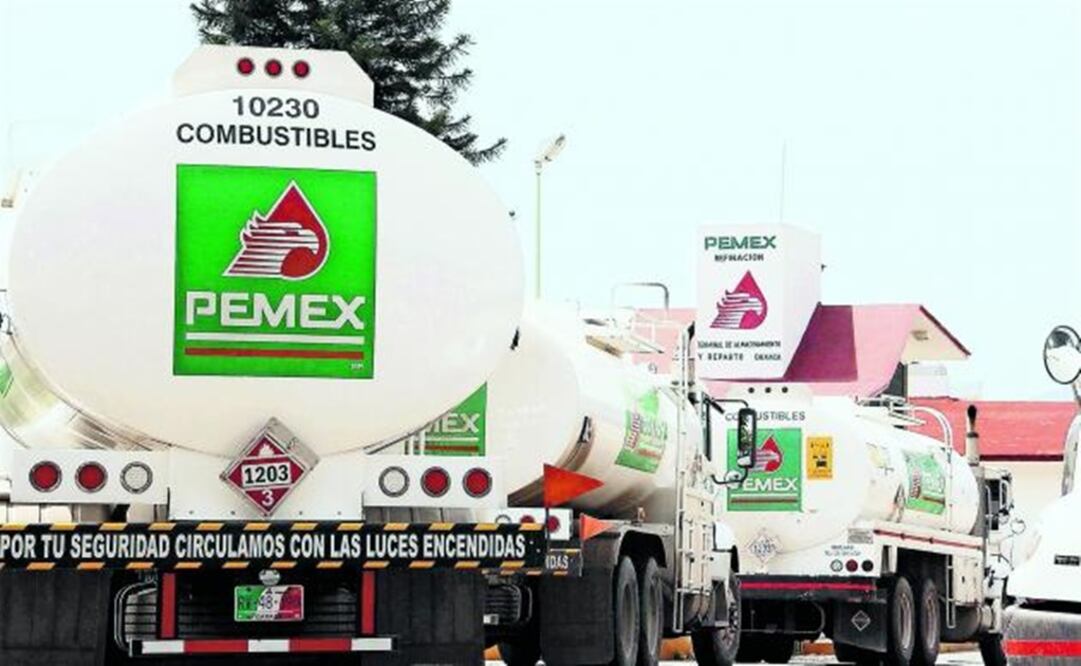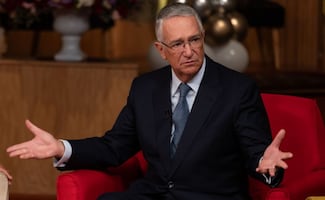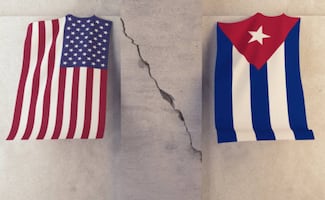Más Información

Otorgan suspensión definitiva a exrector de Universidad Autónoma de Campeche; nombramiento de Fanny Guillermo queda sin efecto

Arturo Ávila afirma que "Grandeza", libro de AMLO, le costó 100 pesos; entrega ejemplares a opositores

Trump nomina a Kevin Warsh para presidente de la Fed en lugar de Jerome Powell; afirma que él "nunca te dejará tirado"
Within the theft of fuel pipelines, which has made its bastion in the area known as the Red Triangle, in Puebla, those who collect the gasoline and then sell it cannot be held as the only accountable ones. It is an illegal act in which other actors involved also have to be investigated: from the owners of gas stations, who smuggle the natural resource, to the workers of Petróleos Mexicanos (PEMEX) and even authorities.
If the goal is to end this practice, the combat must be against everyone involved. For now, the actions indicate that everything is moving in that direction. Federal and state investigations reveal the presumed complicity of municipal presidents of four populations: Palmar de Bravo, Quecholac, Tecamachalco and Cuyoaco. As the first authority, mayors must attack the crimes committed within their territorial boundaries or denounce them before state or federal agencies, if they are illegal acts that exceed their capacity.
Two of the investigated people are also businessmen who own gas stations. If proven guilty, they would be part of an unlawful round business: the total profits from the sale of the fuel would go directly into their pockets, with a major impact on the entire chain of production, and especially, national finances, as the cost of this illicit act has been estimated in billions of pesos per year.
As it has rarely been seen in Mexico's history, six federal agencies are part of an inter-agency working group to combat the theft of hydrocarbons. Pemex, Attorney General's Office (PGR) of the Republic, Ministry of Treasure and Public Credit (SHCP), Navy, Defense and Governance. Addressing the economic edge by means of the Treasury authority is one of the skeins that must always be pulled in order to try to affect the operation of organized crime. How do you explain that there are gas stations that stopped buying Pemex fuel and are still operating? Or that they acquire a certain amount of fuel and their sales are greater? The difference, undoubtedly, was acquired on the black market.
Identifying authorities and businessmen as pieces of the looting of national resources is a good start, the criticism is that it is happening almost 10 years after the problem arose and only when the situation escalated to confrontation level with casualties as result. However, the problem will not be fully clarified unless there are thorough investigations into alleged complicity within Pemex; It cannot be understood how it is that these milkings occur if no exact location or information on the time when there is more fuel circulation were given. The situation calls for an in-depth and social investigation.
al
Noticias según tus intereses
[Publicidad]
[Publicidad]











